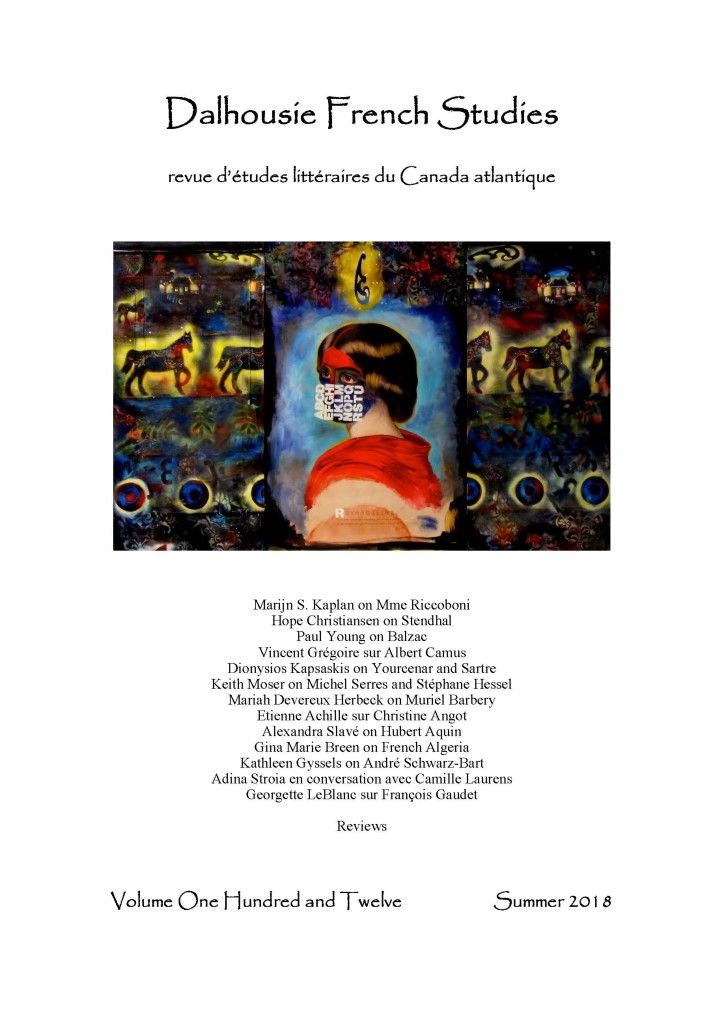Yourcenar, Sartre and the Limits of Authenticity: Re-reading Mémoires d‘Hadrien from an Existentialist Perspective
Abstract
This article proposes a critical reassessment of Marguerite Yourcenar‘s novel Mémoires d‘Hadrien (1951) in relation to the existentialist philosophy and literature that was prominent in France at that time. The article argues that Yourcenar‘s novel responds both to the need for a non-essentializing humanism and to the perceived lack of metaphysical grounding in the aftermath of the Second World War. As such, it shares a number of concerns with the fiction and philosophy of Jean-Paul Sartre of that period. The discussion employs Sartre‘s notion of authenticity in order to interpret Hadrien‘s comments on creativity, the self, and the relationship between experienced reality and narrative representation. The analysis teases out certain tensions and contradictions in Yourcenar‘s thinking but stops short of aligning itself with the vehement criticism to which she was subjected, especially in the 1990‘s, supposedly for silencing or excluding various forms of otherness in her work. Examination of representations of the Other in Memoires d‘Hadrien, especially that of the Jews, shows that Yourcenar chose to stage the confrontation between European humanism and the others that it forgets in a precise and informed way, so that some urgent ethical, political and aesthetic questions could be asked. The article concludes that these questions may not have been answered convincingly in the novel, but they nonetheless testify to Yourcenar‘s subtle understanding of the challenges that Western thought was faced with in the mid-20th Century.


